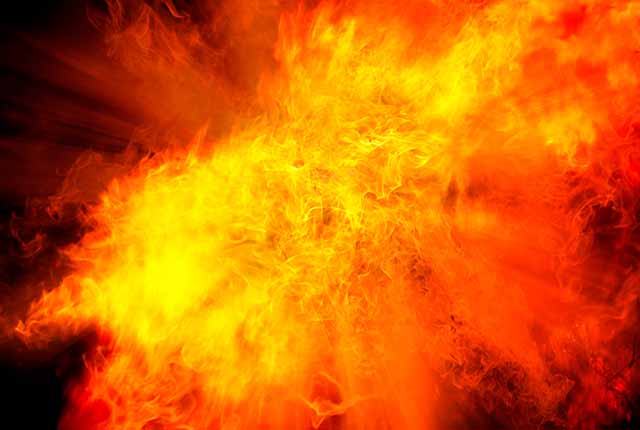
- September 18, 2020
- Attorney Matt Stoddard
- Catastrophic Injury
Apartments can be dangerous places in terms of fire safety. Nearly 400 people living in U.S multifamily buildings are killed in residential fires every year, and over 4,000 more are injured.
For people who survive apartment fires and burn injury accidents, the task of putting a life back together is daunting and massive. It’s normal to have lots of questions, most pressingly questions of finance and liability.
A landlord’s responsibility to pay for tenants’ losses seems obvious enough if the fire started with bad wiring or faulty pre-furnished appliances, but what if another tenant caused the fire?
The good news is that, if you’re affected by a fire that started in a different unit of your building, you do have a case against your landlord for the damages, regardless of how it started.
Your Neighbors Are Part of the Danger Your Landlord Must Protect You From
While things like inadequate electrical and heating maintenance do pose serious fire hazards in apartment buildings, many residential fires start with simple human error on the part of tenants. Some of the most common causes are cooking accidents, candles, and cigarettes. Children playing with fire are another fairly frequent source.
Although less common, arson is also a significant concern for apartment residents. Just like any other violent crime, landlords must do what they can to protect their tenants from arson, such as maintaining adequate security, taking all threats seriously, and evicting tenants who endanger their neighbors with patterns of violent criminal behavior.
Once a fire starts in a multifamily building, it has a 9% chance of spreading to more than one room. If it is not immediately confined to a nonflammable container, that chance rises to 32%. This is where landlord responsibility comes in, even in accidental fires. The danger of one resident’s accidental fire affecting other residents through no fault of their own is a predictable one, so landlords have a duty to take reasonable steps to stop this from happening.
Strong Fire Safety Measures Can Prevent Tenant-Caused Fires from Getting out of Hand
It might seem counter-intuitive, holding your landlord responsible for a fire that someone else started. However, even if there was nothing your landlord could have done to prevent the fire from starting, fire safety isn’t just about prevention. It’s about minimizing the damage from fires after they start.
Some of the most basic and important requirements under the International Fire Code and Building Code don’t come into play until ignition has already occurred. For example, fire extinguishers, smoke alarms, clear exit routes, emergency lighting, and fire-retardant walls and doors won’t stop fires from happening, but they do give people a chance to put them out quickly or, failing that, escape before conditions inside the building get too dangerous.
If your neighbor’s fire was able to spread quickly and easily to your unit, that’s an indication that your building wasn’t up to code, which is definitively your landlord’s responsibility.
Reach out to The Stoddard Firm to learn more about your options for compensation after an apartment fire.

 Matt Stoddard is a professional, hardworking, ethical advocate. He routinely faces some of the nation’s largest companies and some of the world’s largest insurers – opponents who have virtually unlimited resources. In these circumstances, Mr. Stoddard is comfortable. Mr. Stoddard provides his strongest efforts to his clients, and he devotes the firm’s significant financial resources to presenting the strongest case possible on their behalf. Matt understands that his clients must put their trust in him. That trust creates an obligation for Matt to work tirelessly on their behalf, and Matt Stoddard does not take that obligation lightly. [
Matt Stoddard is a professional, hardworking, ethical advocate. He routinely faces some of the nation’s largest companies and some of the world’s largest insurers – opponents who have virtually unlimited resources. In these circumstances, Mr. Stoddard is comfortable. Mr. Stoddard provides his strongest efforts to his clients, and he devotes the firm’s significant financial resources to presenting the strongest case possible on their behalf. Matt understands that his clients must put their trust in him. That trust creates an obligation for Matt to work tirelessly on their behalf, and Matt Stoddard does not take that obligation lightly. [